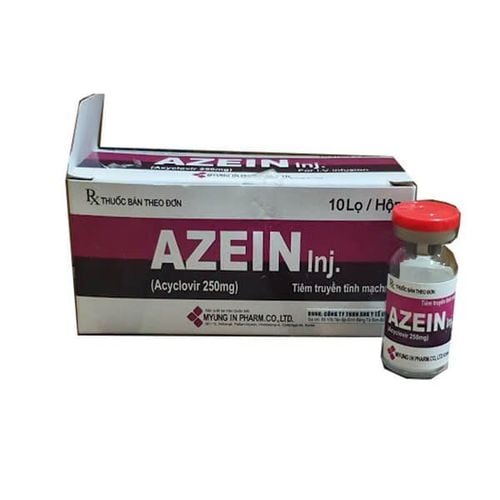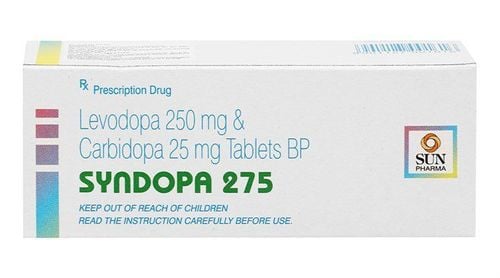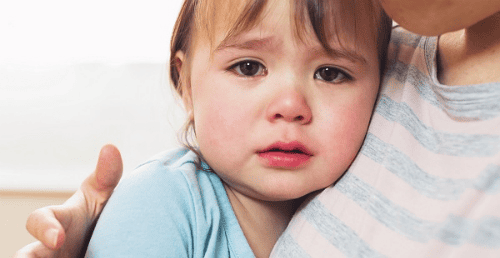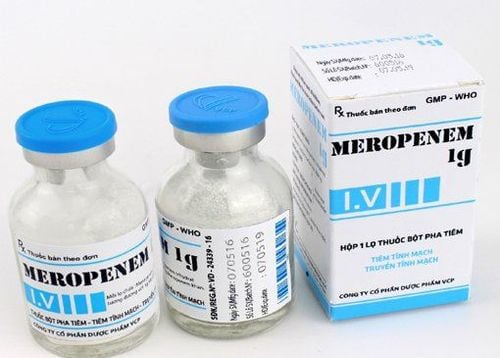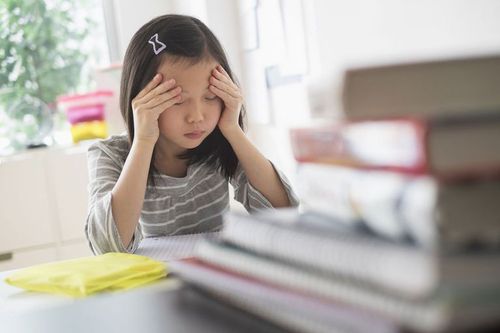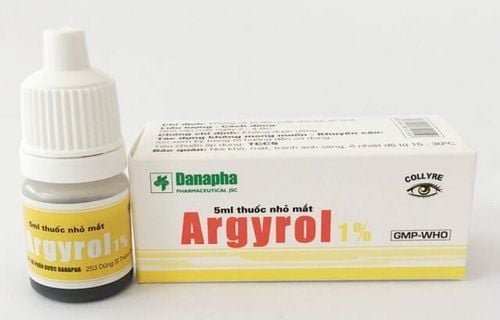This is an automatically translated article.
Japanese encephalitis is a dangerous disease that can occur at any age, but is most common in children under 15 years of age. If the patient is not detected early and treated promptly, it will most likely lead to death.1. Japanese encephalitis in children
Our whole country is entering the summer, hot weather, also the peak period of encephalitis including Japanese encephalitis (the subject of the disease is usually children under 15 years old). The mortality rate from Japanese encephalitis and leaving sequelae is quite high (about 25-35%). This makes the disease dangerous, is the fear of mothers with young children this summer.Symptoms of Japanese encephalitis usually have a sudden onset, starting with a high fever of 39-40 degrees Celsius, headaches, nausea and vomiting, then convulsions, muscle cramps, confusion. Most children with Japanese encephalitis often go into a deep coma and require mechanical ventilation, which makes it difficult to treat symptoms. Today's medicine has reduced the mortality rate but still has not limited the sequelae.
If detected slowly, the rate of normal recovery of children with encephalitis is only about 60%, the remaining 30% has the risk of severe sequelae, and the 10% chance of death. However, if detected early and treated promptly within 24-48 hours of disease onset, the mortality rate from Japanese encephalitis drops to just over 10%. Therefore, recognizing the symptoms of the disease and conducting early treatment plays a very important role in the patient's survival.
On the other hand, up to now, there is no specific treatment for viral encephalitis. Therefore, the treatment of Japanese encephalitis in children is mainly just symptom relief, combining necessary supportive measures to improve physical condition and health. That is why prevention is so important.
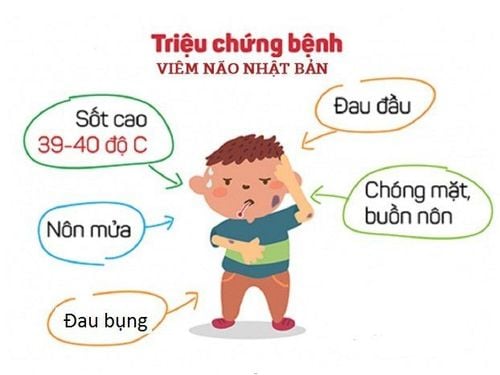
Triệu chứng của viêm não Nhật Bản ở trẻ em
2. Measures to prevent Japanese encephalitis
There is a vaccine to prevent Japanese encephalitis, so the mortality rate from Japanese encephalitis has also decreased significantly, but there are still many children who have not been vaccinated. In addition to vaccination, the following measures also partly limit the risk of disease, including:Keep the area around the house clean, clear canals, clean up garbage, clean the barn, move the breeding site away from the living place to limit the risk of mosquitoes breeding and transmitting diseases. Sleep under mosquito nets, limit children out, especially at dusk to prevent the risk of mosquito bites. In addition, households should regularly use measures to repel and kill mosquitoes. When detecting that a child has signs of high fever along with symptoms of nervous system damage, parents need to immediately take the child to a medical facility for an accurate diagnosis and early treatment.
3. Vaccination against Japanese encephalitis in children
Vaccine against Japanese encephalitis has been included in the Expanded Immunization Program in our country since 1997. Initially, it was only deployed in a few high-risk provinces and cities and will be gradually expanded every year. other localities. By 2013, the program had been widely deployed in 580 districts of 60 provinces and cities. In 2014, the implementation was completed in all provinces and cities across the country.Currently, the Japanese encephalitis vaccine in the national expanded immunization program is only applied to children aged 1 to 5 years old, which is also a group of children with high morbidity, complications and mortality risk. because Japanese encephalitis is the highest.
Accordingly, children are vaccinated with 3 basic doses according to the vaccination schedule of the expanded immunization program:
1st dose: Vaccinated when the child is 1 year old. Nose 2: 1 to 2 weeks after the 1st dose. Step 3: One year after the 2nd dose. After that, parents need to give the child a booster shot, every 3-4 years, until the age of 15. Parents should actively take their children to be vaccinated fully and on time for all vaccines, including Japanese encephalitis vaccine, because vaccines are the most important preventive measure. the most effective. Especially at the time of the current outbreak, timely vaccination is extremely necessary, helping to protect individuals against the risk of dangerous diseases, including Japanese encephalitis in children.
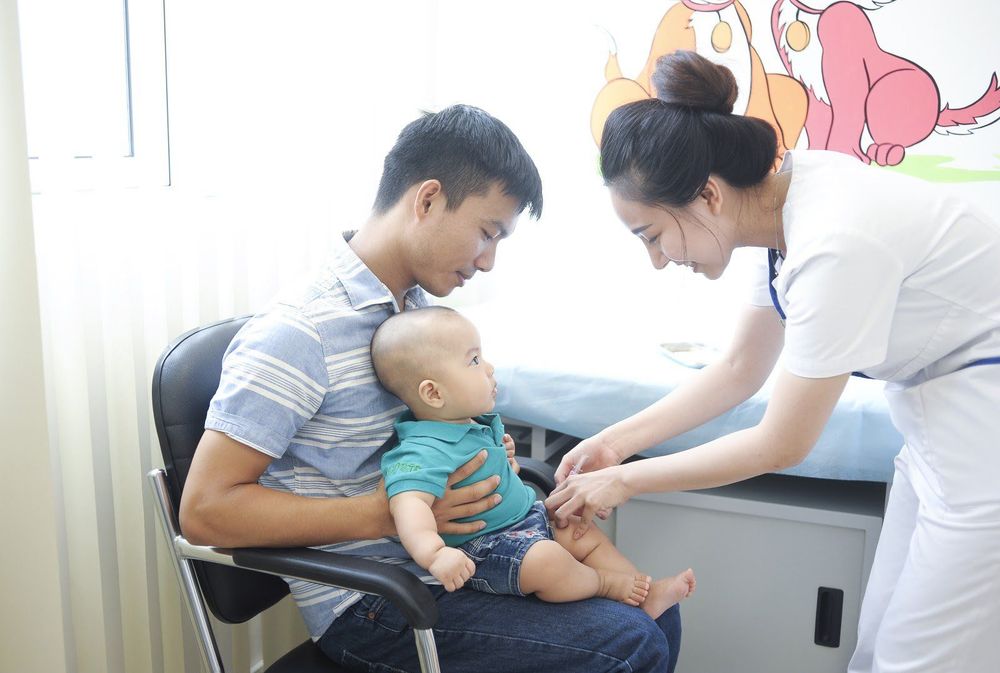
Cha mẹ cần đưa trẻ đi tiêm phòng vắc xin viêm não Nhật Bản khi đủ tuổi
Besides, the whole people and community must join hands to implement and coordinate well with the health sector. Thus, all epidemic prevention activities will be highly effective for the entire population.
Please dial HOTLINE for more information or register for an appointment HERE. Download MyVinmec app to make appointments faster and to manage your bookings easily.




